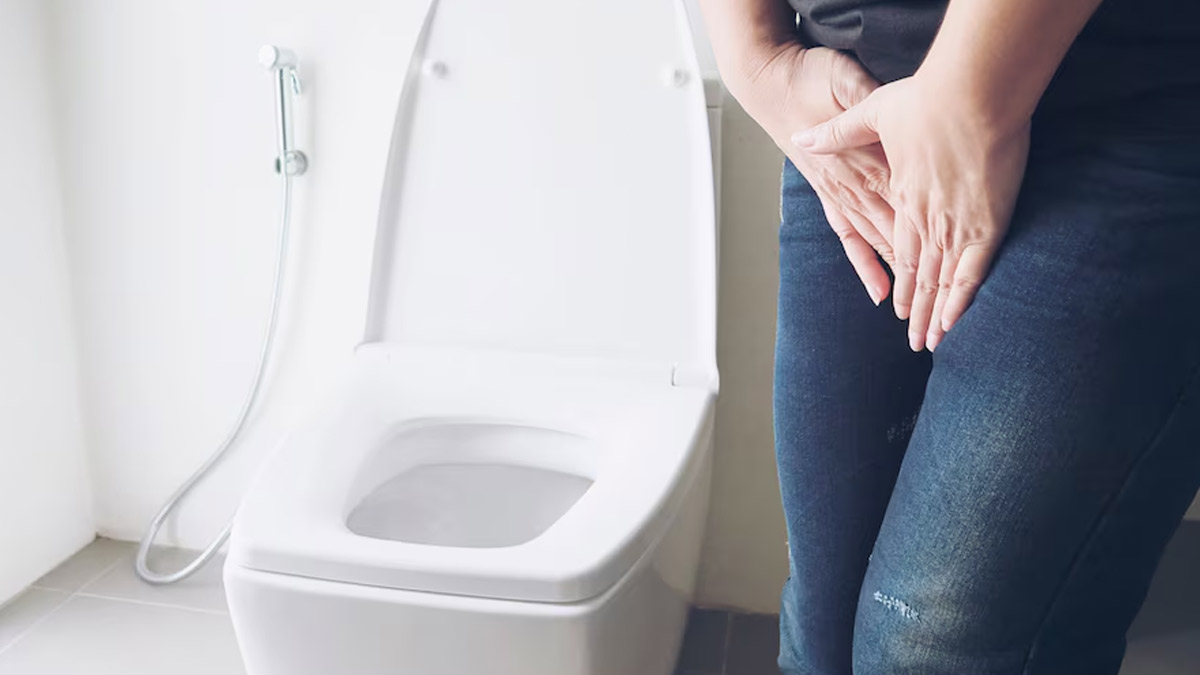
You must have noticed the rise in Urinary Tract Infections (UTIs) with the temperature rise. Although UTIs may occur at any time of year, warmer weather is associated with an increase in cases. During summer, the hotter temperatures and increased physical activity can lead to dehydration, which makes UTIs more likely. In this article, we explain the rise of UTIs in summer and tips to avoid them.
Table of Content:-
According to HHS Public Access, UTIs are prevalent bacterial infections typically managed in outpatient settings. These infections are particularly frequent in women, along with recurrent occurrences. By middle age, nearly half of all women experience at least one UTI. Globally, UTIs impact approximately 150 million individuals annually.

Why UTIs Are More Common in Summer
According to the Urology Care Foundation, during the summer season spanning June, July, and August, the likelihood of contracting a Urinary Tract Infection (UTI) tends to rise. While UTIs can affect individuals of all genders and ages, women face a fourfold higher risk compared to men. The increase in heat and humidity creates favourable conditions for bacterial proliferation. Additionally, inadequate hydration in hot weather can further elevate the risk of UTIs due to increased fluid loss.
Dehydration
In summer, we tend to lose more fluids through sweat, leading to dehydration. Insufficient hydration can concentrate urine, making it more acidic and increasing the likelihood of bacterial growth in the urinary tract.

Swimming
Swimming pools and lakes are popular summer destinations, but they can also harbour bacteria, such as E. coli, which can cause UTIs when they come into contact with the urethra during swimming.
Also Read: 5 Types Of People Most At Risk Of Urinary Tract Infection (UTI)
Dietary Changes
Summer often means indulging in more sugary drinks, alcohol, and rich foods, which can alter the pH balance of urine and promote bacterial growth.
Humidity and Sweat
Hot and humid weather can lead to increased sweating, which can create a warm, moist environment conducive to bacterial growth, particularly around the genitals.
Travel
Summer vacations often involve long flights or road trips, which can disrupt regular bathroom habits and increase the risk of UTIs due to holding urine for extended periods.
Tips to Avoid UTIs in Summer

Stay Hydrated
According to the National Institute of Diabetes and Digestive and Kidney Diseases (NIDDK), consuming ample fluids, particularly water, is advised as it aids in flushing bacteria out of the body. Aim for at least eight glasses of water daily, or more if you're spending time outdoors or engaging in physical activity.
Practice Good Hygiene
After swimming, showering, or using the restroom, always wipe from front to back to prevent bacteria from entering the urethra. Avoid sitting in wet swimsuits for prolonged periods and change into dry clothes promptly. The Centers for Disease Control and Prevention (CDC) recommends opting for showers over baths and refraining from douching.
Not only this, you should also steer clear of harsh soaps, douches, and scented products in the genital area, as they can disrupt the natural balance of bacteria and increase susceptibility to UTIs.
Also Read: Urinary Tract Infection: Everything You Need To Know About Honeymoon Cystitis
Wear Breathable Clothing
Opt for lightweight, breathable fabrics, especially underwear, to minimise moisture and promote airflow, reducing the risk of bacterial growth. Also, it's advisable to change out of wet bathing suits promptly after swimming. The warm, damp environment created by moist undergarments and swimwear can foster bacterial growth, potentially leading to infection.
Urinate Frequently
According to StatPearls, emptying the bladder promptly when the urge arises can aid in both the prevention and treatment of a UTI. Don't hold urine for too long, especially in hot weather or during travel. Keep your bladder empty regularly to prevent bacteria from building up.
Urinate After Sex
According to Western Michigan Urological Associates, it's advisable to urinate after sexual intercourse. This action helps your body expel any potentially harmful bacteria that might have entered the urinary tract during intimacy.
Practice Safe Sex
Sexual intercourse is a significant risk factor for UTIs, particularly for women. Friction during sex can irritate the urethra, making it easier for bacteria to enter the bladder.
UTIs can be caused by unprotected sexual activity, which introduces bacteria into the urinary tract. Hence, use condoms and maintain good genital hygiene to reduce this risk.
Take Probiotics
Probiotic supplements or foods rich in probiotics, such as yoghurt and kefir, can help maintain a healthy balance of beneficial bacteria in the gut and urinary tract, reducing the risk of UTIs.
[Disclaimer: This article contains information for informational purposes only, hence we advise you to consult your expert if you experience symptoms of a UTI to get the necessary treatment.]
Also watch this video
How we keep this article up to date:
We work with experts and keep a close eye on the latest in health and wellness. Whenever there is a new research or helpful information, we update our articles with accurate and useful advice.
Current Version
